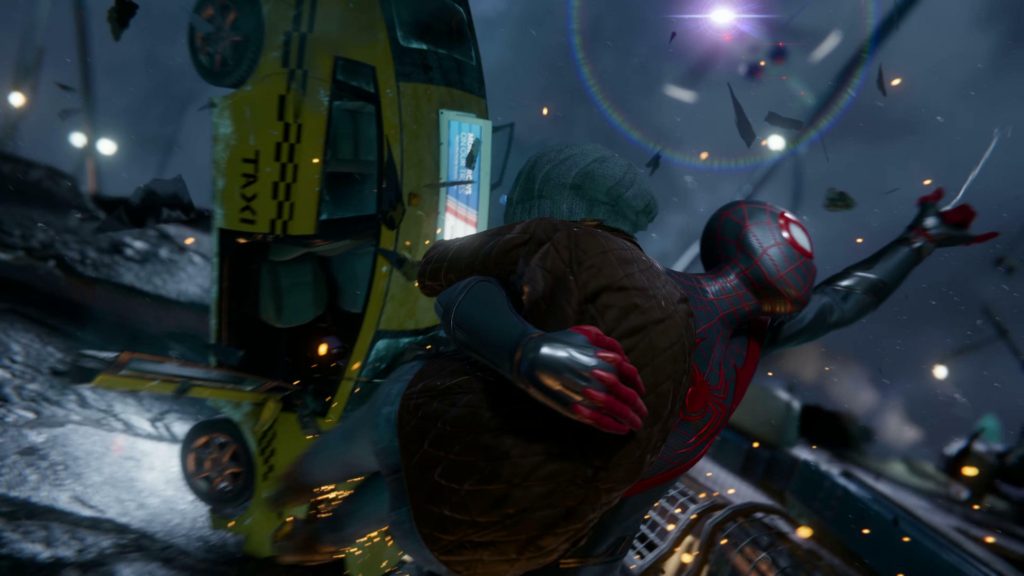November 2020 will forever be remembered in the gaming community as the launch of the highly coveted next-generation gaming consoles. Demand for these consoles have skyrocketed through the roof after both the Xbox Series X and Playstation 5 sold out quickly on launch day. While the consoles themselves were meant to predominantly inspire gamers and change the way video games are played in the next generation, one particular launch day title has led that charge. For children of color, Marvel’s Spider-Man: Miles Morales is the big-name title that finally provides the positive role model and representation they needed from the gaming industry.
Although it has been found that on-screen representation matters, the video game industry continues to struggle with positive ethnic representation within video games themselves regarding characters. In fact, a study conducted by a graduate of Ithaca College found that white protagonists were represented in the top 50 games of 2014 at 67%, while Black and Asian characters represented 3% and Latinos 1%. Unfortunately, some of the big-name video games in the past with diverse representation have been packed with stereotypical images. This is increasingly problematic considering the political climate in which we live, and that African Americans make up a significant portion of the U.S. gamer population, according to data presented by Nielsen.

Representation, or lack thereof, affects your mental health in ways that are subtle, but build over time. For example, a child of color who only sees movie-stars, heroes, or athletes that are white are more likely to believe that they can not be one themselves. Not seeing yourself represented in pop culture over time, or in a positive light, can lower your self-esteem. People who do not see other races represented well would be more likely to form biases and stereotypes. It is important to have positive ethnic representation in what we consume to promote diversity of thought, and the acceptance of others. This concept is more important for video games, where the gamer controls and emulates the character on the screen.
It is clear from the opening scene of Marvel’s Spider-Man: Miles Morales that positive representation will not be an issue in this video game. For starters, the title character of black and Puerto Rican descent answers the call to represent people of color in a positive and heroic light. Right away, the references Miles Morales makes to coconut milk, bodegas, and Harlem provide a refreshingly new level of authenticity to a mainstream video game. This is all before he starts his mission to protect the inhabitants of New York City. Miles also engages with his mother in an impressive dialogue, switching back and forth between English and Spanish effortlessly. He tells his mother that he will help her with getting groceries. Adding on to representation is the fact that one of Miles’ best friends, presented at the beginning of the game happens to be of Asian descent. He plays a positive role in helping Miles throughout the game. We can gather that Miles Morales represents a good son, a good samaritan, and has great friends in his corner.
Along with positive ethnic representation, there are other benefits that coincide with Marvel’s Spider-Man: Miles Morales. When playing this video game, gamers will be fine tuning skills such as visual processing and visuomotor control. While some may argue that the game misses an opportunity to address racial issues, one would argue that the video game did a good job of confronting it in ways that are respectful, yet accurate. All together, Marvel’s Spider-Man: Miles Morales hits a home run for all people of color in promoting acceptance of various ethnic groups by alluding to their role in producing a superhero.
